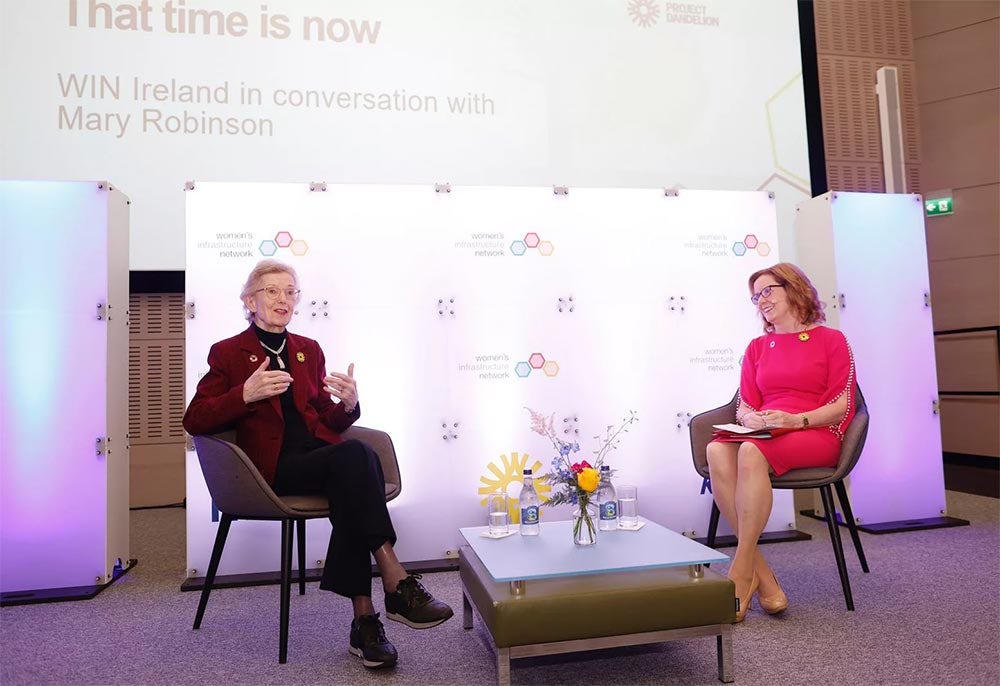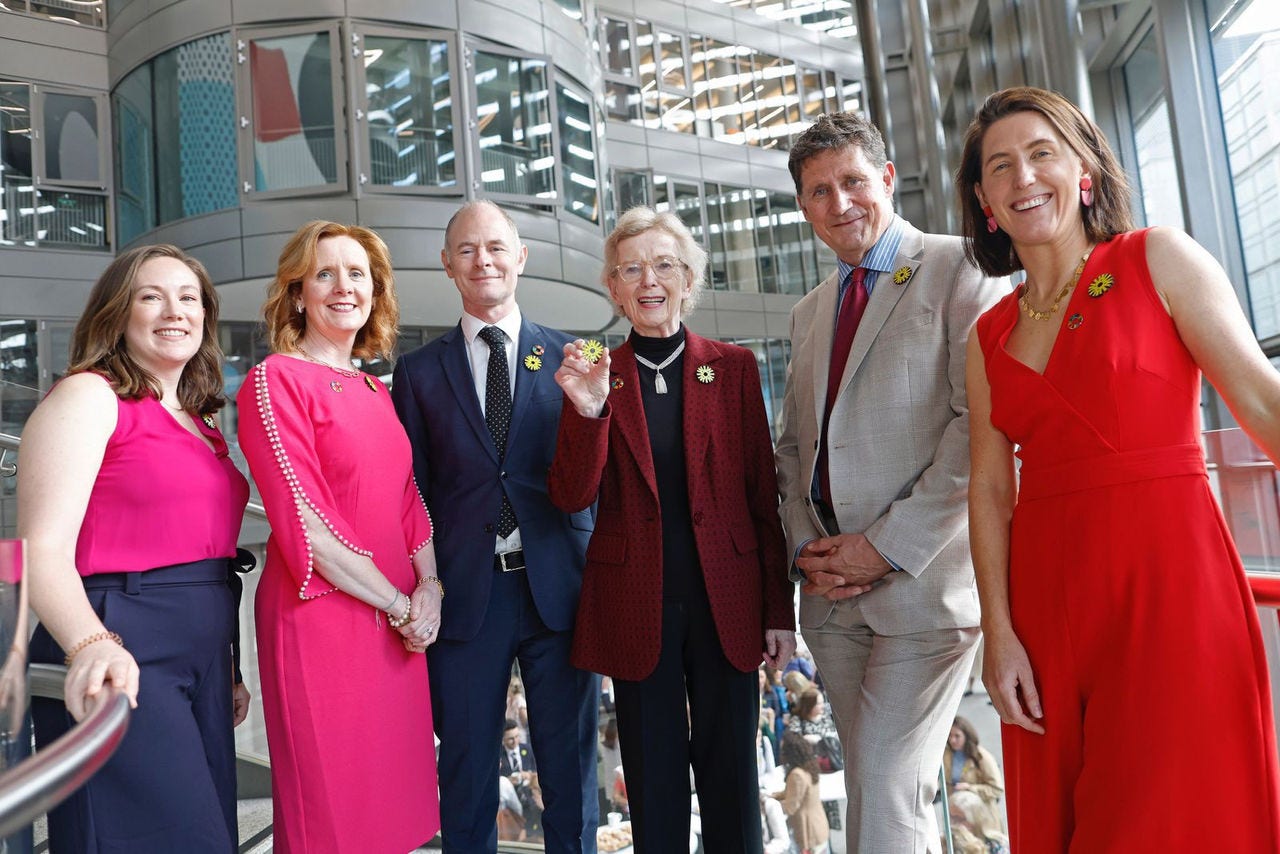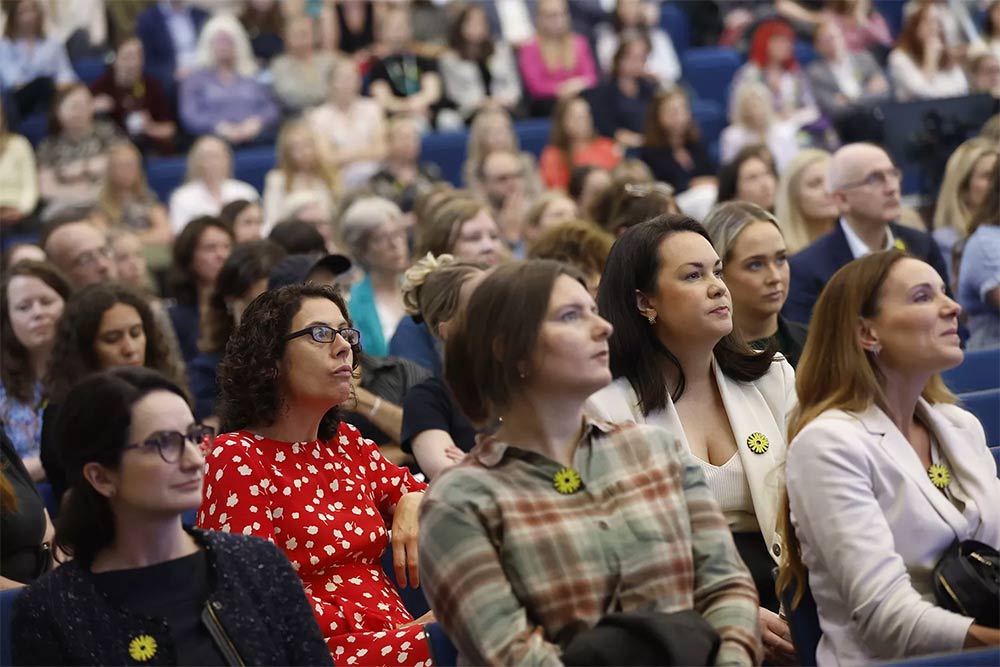Mary Robinson, former President of Ireland and UN High Commissioner for Human Rights, gave compelling insights into the power of positive connections and climate justice at the latest Women’s Infrastructure Network (WIN) Ireland event, sponsored by KPMG and RWE, writes Michele Connolly.
Where do you start with introducing an individual like Mary Robinson? That’s a question I asked myself as I prepared to interview the former President for our Women’s Infrastructure Network (WIN) event on ‘Climate Justice: that time is now’. After all, she is not only the first female President of Ireland but a former UN High Commissioner for Human Rights and founding member – and now chair – of The Elders group of world leaders assembled by Nelson Mandela to tackle the planet’s most pressing problems.
In fact, her life of activism – most recently addressing the climate and nature crisis with Project Dandelion, a women-led global campaign for climate justice – is so compelling that it is the subject of Mrs Robinson, a documentary coming to cinemas soon. Despite her accomplishments, she is a humble leader, offering insights and even some unexpected admissions to WIN.



